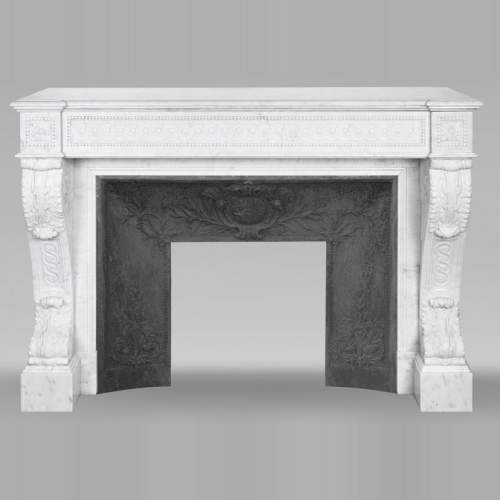Your selection is currently empty.
Here are the latest objects in our stock:
Dimensions:
Width: 160
Height: 110
Depth: 44
Inner width: 111
Inner height: 81
Dimensions:
Width: 120
Height: 173
Depth: 5
Dimensions:
Width: 156
Height: 113
Depth: 41
Inner width: 108
Inner height: 84
Dimensions:
Width: 169
Height: 108
Depth: 42
Inner width: 88
Inner height: 120
Dimensions:
Width: 126
Height: 107
Depth: 39
Inner width: 88
Inner height: 83
Dimensions:
Height: 32
Diameter: 17
Dimensions:
Width: 142
Height: 186
Depth: 15
Inner height: 176
Dimensions:
Width: 121
Height: 103
Depth: 37
Inner width: 90
Inner height: 85












